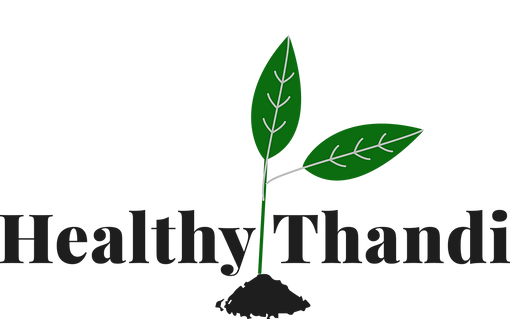What does it mean to be pescatarian?
A pescatarian is a type of vegetarian who also includes fish and seafood in their diet, but still avoids the consumption of meat and poultry. Pescatarians typically consume a variety of plant-based foods such as fruits, vegetables, grains, legumes, nuts, and seeds, as well as fish and seafood. Some people may choose a pescatarian diet for health, environmental, or ethical reasons. Some may consider it a transitional step before fully committing to a vegetarian or vegan diet. It's important to note that consuming fish and seafood can provide important nutrients like omega-3 fatty acids and vitamin D, but it's also important to be mindful of the source of the fish and seafood and how it was caught or farmed, as some methods can be unsustainable or harmful to the ocean's ecosystem. And as with any dietary change, it is important to ensure that you are getting all the necessary nutrients and vitamins by consulting with a healthcare professional or a registered dietitian.
What are the benefits of going Pescatarian?
There are several potential benefits of going pescatarian, some of which include:
-
Weight loss: A pescatarian diet is typically lower in calories and fat than a diet that includes meat, which can lead to weight loss.
-
Lower risk of chronic diseases: Studies have shown that a pescatarian diet may lower the risk of heart disease, type 2 diabetes, and certain types of cancer.
-
Improved gut health: Plant-based foods are high in fiber, which can promote healthy digestion and prevent constipation.
-
Better blood sugar control: A pescatarian diet may help regulate blood sugar levels and improve insulin sensitivity.
-
Reduced environmental impact: Pescatarian diets are considered more environmentally friendly than meat-based diets, as fish and seafood are generally considered to have a lower carbon footprint than meat.
-
Omega-3 and Vitamin D: Fish and seafood are a good source of omega-3 fatty acids, which can help reduce inflammation, lower blood pressure and improve heart health. Also seafood is a good source of Vitamin D that helps to keep bones healthy.
-
Variety: A pescatarian diet can provide a variety of foods and flavors, including fruits, vegetables, whole grains, legumes, nuts, seeds, and fish and seafood.
It's worth noting that as with any dietary change, it is important to ensure that you are getting all the necessary nutrients and vitamins by consulting with a healthcare professional or a registered dietitian. Also, it's important to be mindful of the source of the fish and seafood and how it was caught or farmed, as some methods can be unsustainable or harmful to the ocean's ecosystem.
What are the disadvantages of going Pescatarian?
Some disadvantages of following a pescatarian diet include:
-
Limited protein options: Pescatarians eat fish and seafood, but may miss out on certain essential amino acids that are found in meats.
-
Higher cost: Fish and seafood can be more expensive than other protein sources.
-
Environmental concerns: Overfishing and unsustainable fishing practices can deplete fish populations and harm marine ecosystems.
-
Risk of mercury and other contaminants: Fish and seafood can contain high levels of mercury and other pollutants, which can be harmful to human health if consumed in large amounts.
-
Limited geographical availability: Fish and seafood may not be available in all regions and may be difficult to obtain in some areas.
-
Social and cultural challenges: A pescatarian diet may be difficult to maintain in certain social and cultural contexts where meat is a staple food.
It is important to note that these are general disadvantages, and individuals may have different experiences. Also, It is always important to consult with a healthcare professional or nutritionist before making any major changes to your diet.

